?????? ???: ????????????? ???????????? ?? ???????????? ???
??????????, ?????? ???????????? ???????? ???????????
?????????????? ??????? ?? ?????? ??????????? ?????????? ???????
SDG #8: Decent work and economic growth
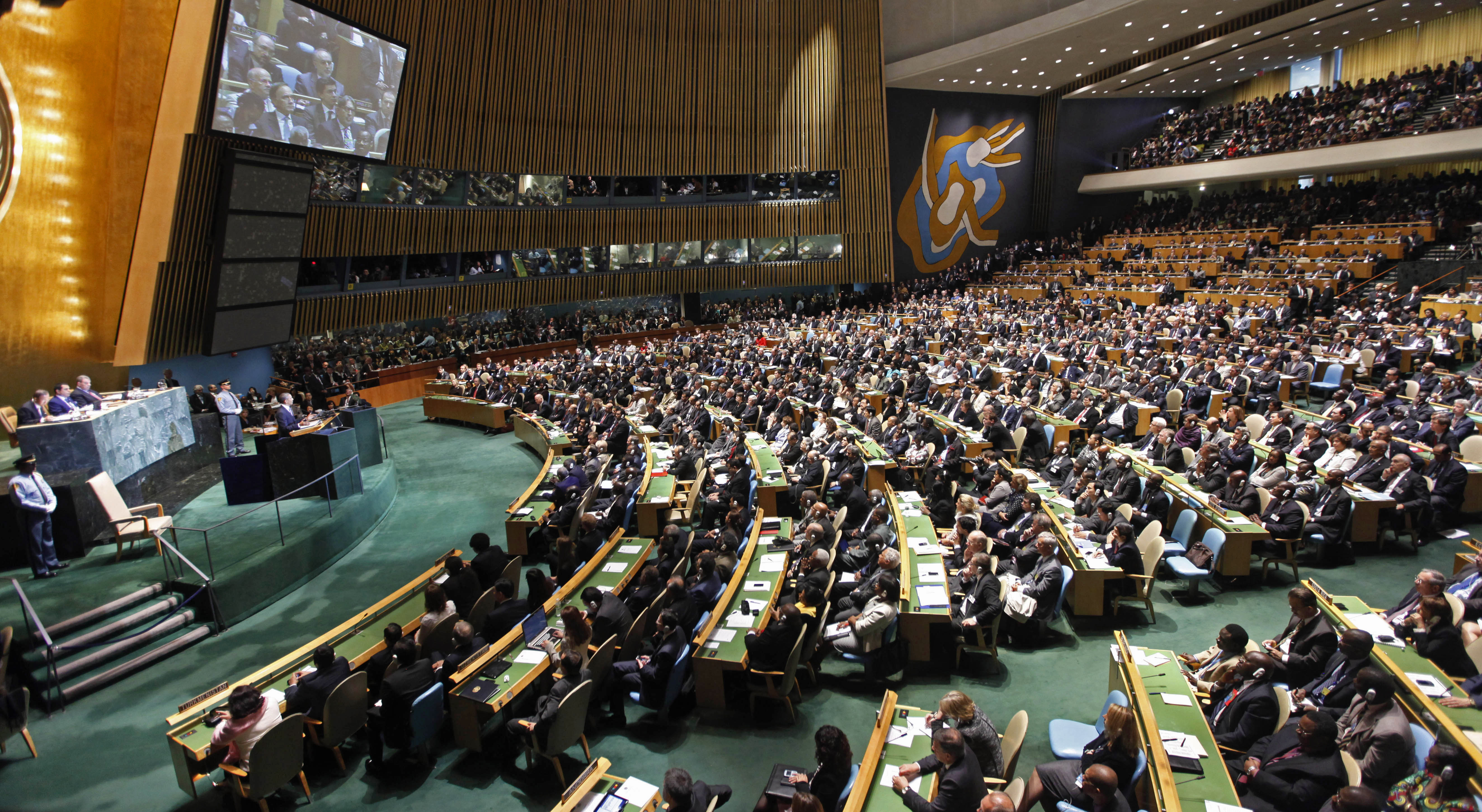
Les imp?ratifs de politique g?n?rale incluent la lutte contre les in?galit?s et la rupture du lien entre la croissance ?conomique et la d?gradation de l?environnement. ? Le Rapport sur la situation et les perspectives de l??conomie mondiale 2018 d?montre que le contexte macro?conomique actuel offre aux d?cideurs davantage de champ pour lutter contre certains probl?mes persistants qui continuent d?entraver la progression vers l?atteinte des objectifs de d?veloppement durable ?, a d?clar? Ant?nio Guterres, Secr?taire g?n?ral de l?ONU dans l?avant-propos.
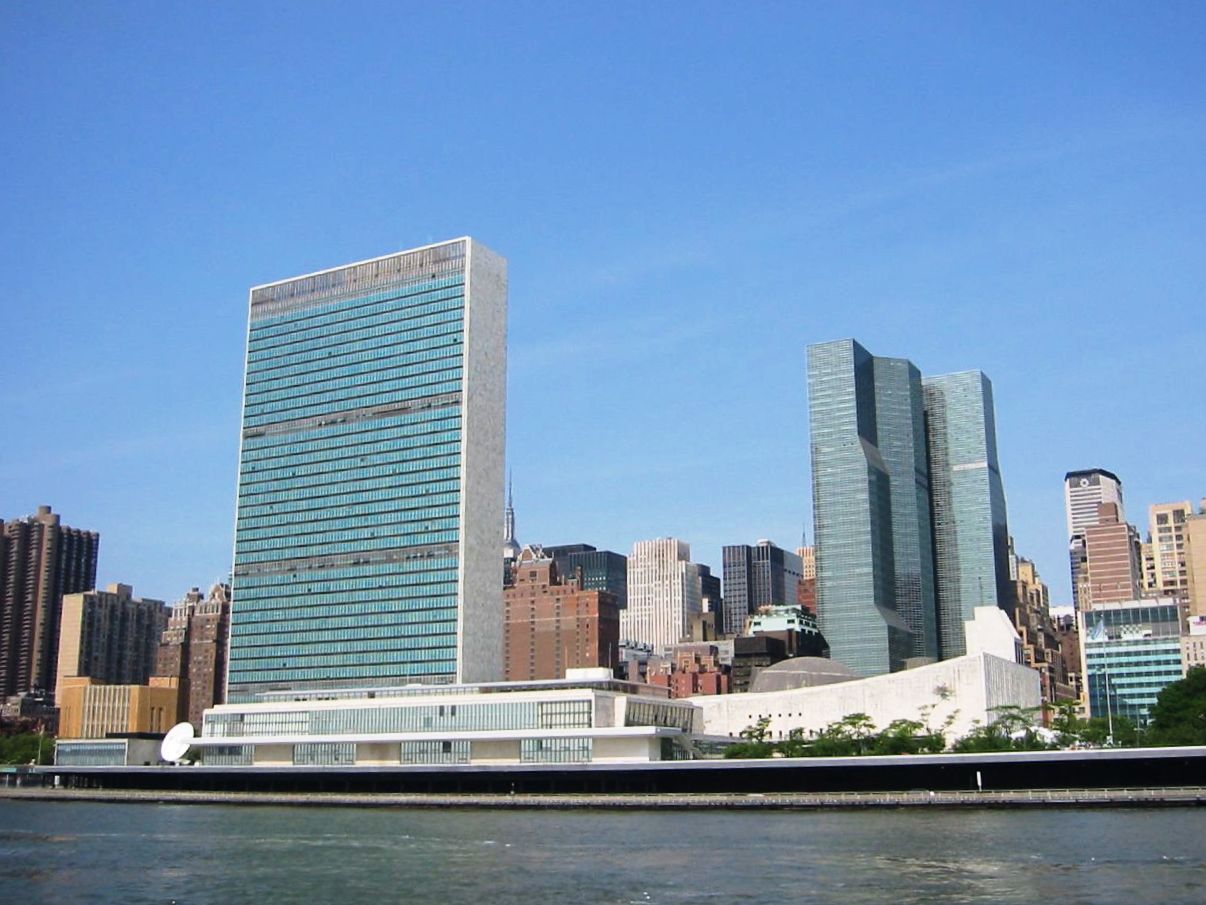
Marking 70 years of publication, UN/DESA's flagship report on the state of the global economy, the World Economic Situation and Prospects 2017, was launched today in New York by Assistant-Secretary-General for Economic Development, Lenni Montiel, and Senior Economic Affairs Officer, Dawn Holland. The report states that world gross product is forecast to expand by 2.7 per cent in 2017 and 2.9 per cent in 2018, with this modest recovery more an indication of economic stabilization than a signal of a robust and sustained revival of global demand.? Regional launches will take place in Addis Ababa, Bangkok, Beirut, Geneva, Johannesburg, Mexico City, Moscow and New Delhi throughout the week.

The limited progress of least developed countries (LDCs) in developing their productive capacities remains one of the main obstacles to move towards graduation from the LDC category and to achieve the sustainable development goals. While there is international agreement on the importance of building productive capacity, the question of what policy interventions are successful usually remains unanswered. This Policy Note provides some answers by analyzing the strategies and policy choices of 14 countries that have successfully graduated from the LDC category, or have made noteworthy progress towards graduation. It contains a wide range of lessons not only relevant to all LDCs but the international community at large. The note develops an analytical framework for expanding productive capacities for sustainable development that highlights the need for integrated policies across five broad policy areas: (I) development governance; (II) social policy; (III) macroeconomic and financial policies; (IV) industrial and sectoral policies; and (V) international support. It also emphasizes the need for different national strategies and tailored international support due to the diversity of LDCs. In this regard, the note identifies three different pathways towards graduation and highlights for each pathway key policy lessons for effectively expanding productive capacity. The first pathway is characterized by rapid economic growth based on natural resource exploitation, but also by insufficient building of human assets and high vulnerabilities to external economic shocks. On the second pathway, economic specialization is coupled with investments in social sectors. The third pathway open to more larger economies is characterized by structural transformation leading to more diversified economies.

The CDP Secretariat participated in the capacity building workshop on ?Formulating National Policies and Strategies in Preparation for Graduation from the LDC Category? held in Thimphu, Bhutan during 14 - 16 November 2017. The meeting was organized j
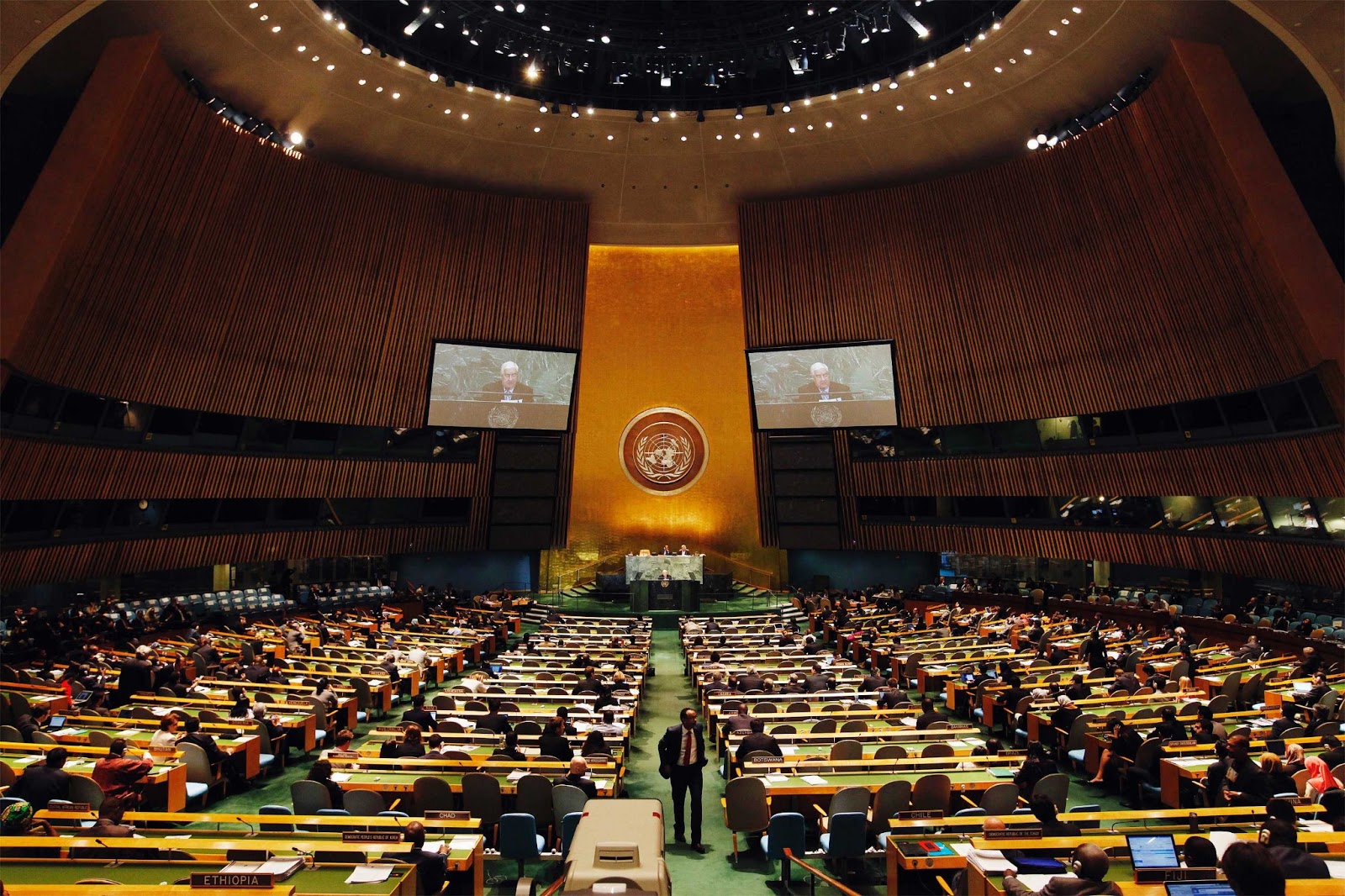
The subgroup on ?Leaving no one behind? of the Committee on Development Policy (CDP) met in Mexico City from 14 - 16 November 2017. Discussions addressed numerous aspects of the concept of ?leaving no one behind?, including conceptual issues, the rel
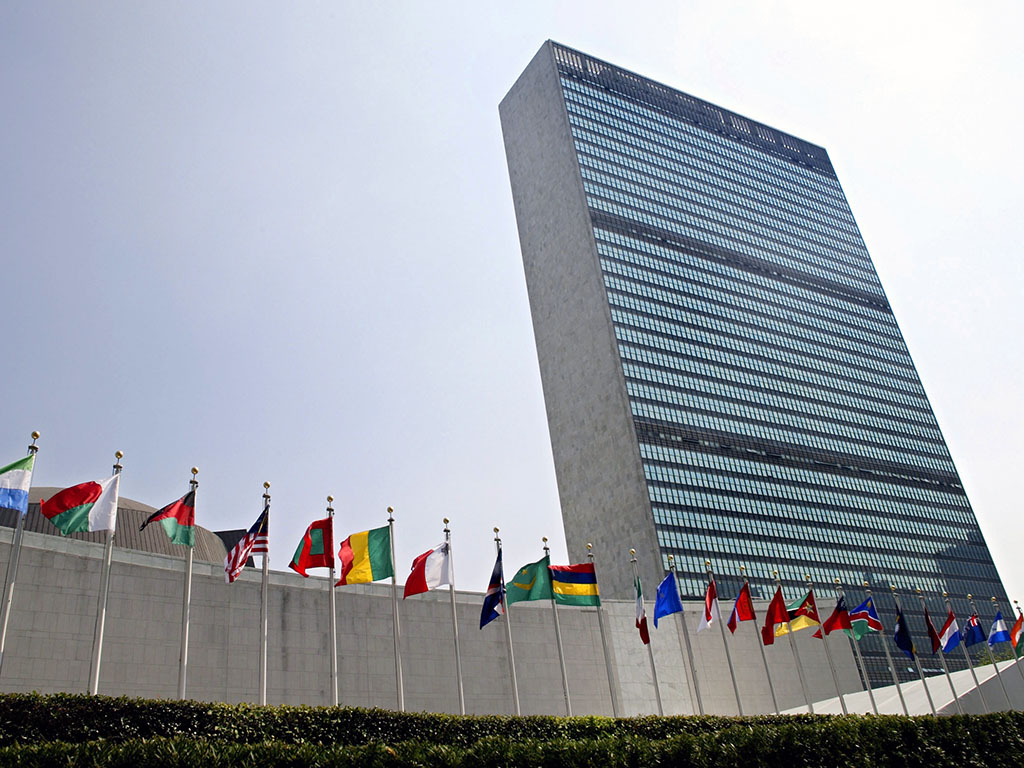
Rapid growth in cryptocurrencies posing a challenge for policymakers, European Central Bank maintains accommodative policy stance while the Bank of England raises its key policy rate for the first time in more than a decade, India announces plans to recapitalize state-owned banks

Capital inflows to emerging economies gain momentum
Carbon dioxide emissions from international transport set to increase as global trade rebounds and tourism soars
Africa?s economic growth is catching up with population growth
Latin America and the Caribbean will see a mild recovery after two years of contraction
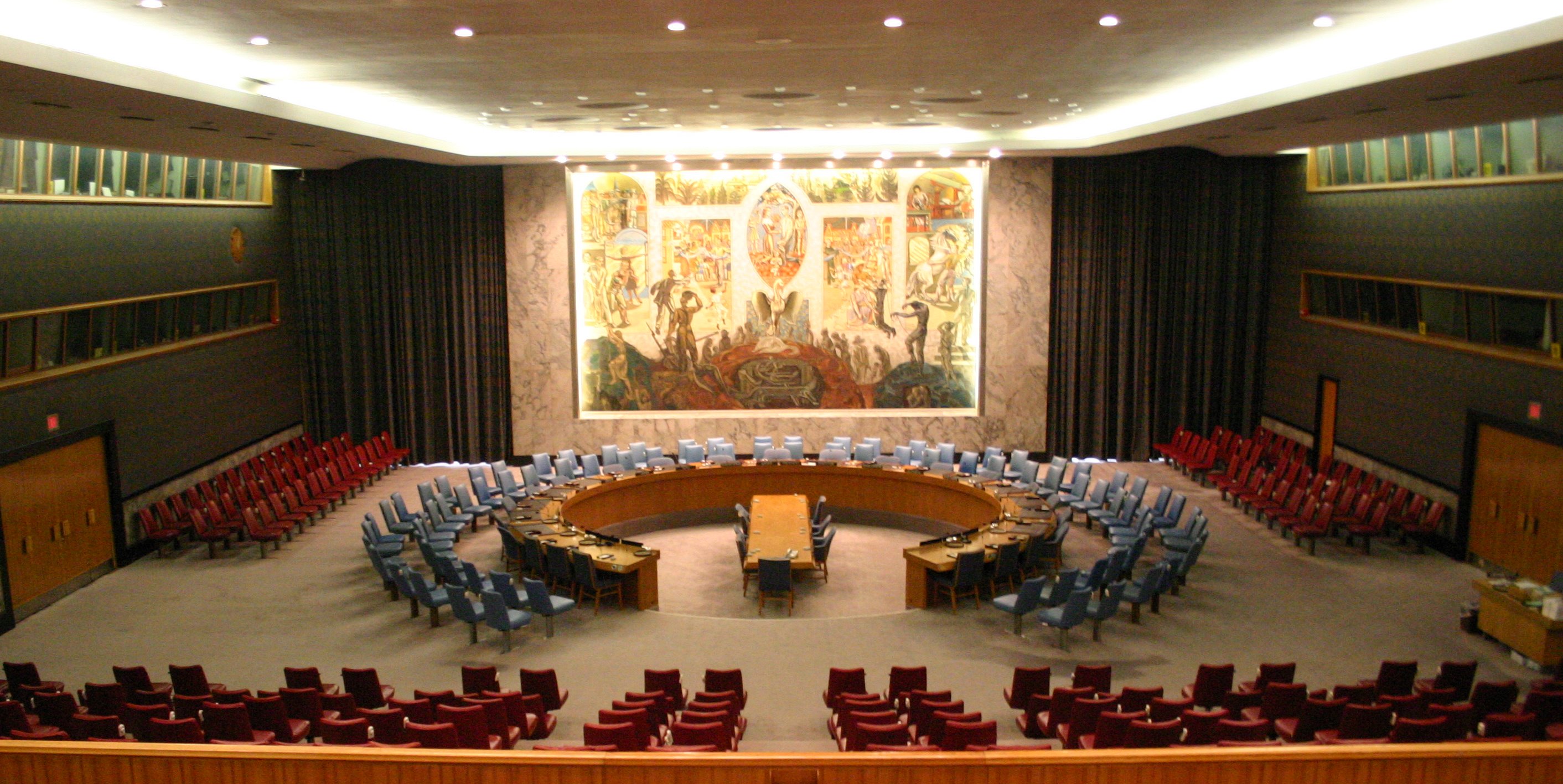
Report of the Secretary-General on unilateral economic measures as a means of political and economic coercion against developing countries (A/72/307)
???? ,?
 Welcome to the United Nations
Welcome to the United Nations